The Office of the Ontario Ombudsman was created in 1975 to help people when they have problems with provincial government and public sector services. Ontario recognized the importance of an independent office to make sure people were treated fairly and their rights were protected.
The title “ombudsman” is a Swedish term dating back more than 200 years. It means “citizen’s representative” and is considered gender neutral.
50 years of fairness
Arthur Maloney was sworn in as the province’s first Ombudsman on October 30, 1975, after the Ombudsman Act was passed on May 22 and given royal assent on July 3.
Attempts to introduce such legislation began as early as 1962. In 1965, Vernon Singer, MPP for Downsview, introduced a private member’s bill calling for the appointment of a Parliamentary Commissioner to investigate administrative decisions and acts of officials of the provincial government and its agencies. Mr. Singer introduced this bill for the next 10 consecutive sessions of the legislature. In 1971, the Ontario government under Premier William Davis first promised to introduce legislation to create an Ombudsman in its Speech from the Throne. It repeated and fulfilled this promise in 1975.
Ontario was the seventh province to establish a parliamentary ombudsman, after Alberta and New Brunswick (1967), Quebec (1968), Manitoba and Nova Scotia (1970), and Saskatchewan (1972). Today, all Canadian provinces and territories except Nunavut have ombudsmen. All provincial and territorial ombudsmen oversee government services and parts of the broader public sector in their regions.
How we’ve grown
Over the years, our oversight responsibilities have been expanded time and time again. This allows us to help more people with their concerns about government and public sector bodies:
- 1975: Our Office was created. We started taking complaints about Ontario government ministries and programs.
- 2016: Our role expanded to include municipalities, universities and school boards.
- 2019: We were given oversight of children’s aid societies and residential licensees, as well as compliance with the French Language Services Act.
How we make a difference
Since we opened our doors, we’ve handled more than one million complaints and inquiries. We have conducted hundreds of investigations resulting in more than 1,300 recommendations. The vast majority of Ombudsman recommendations to improve public services have been implemented, benefiting millions of Ontarians.
Some of our past investigations have led to real change, including:
- Expanded screening of newborn babies for metabolic diseases
- A more secure lottery system
- A more transparent property assessment system
- More transparency and accountability in municipal and school board governance
- Expanded coverage of certain drugs
- Administrative improvements at tribunals
- Better pandemic preparedness in long-term care homes
- Broader civilian oversight of police
Our ombudsmen, past and present
Arthur Maloney (term 1975-1978)
- Former federal Member of Parliament and criminal lawyer.
- Focused on public education and awareness about the Ombudsman's role.
- Visited more than 100 communities with staff to take complaints.
- Created special investigative teams to tackle complaints involving correctional and psychiatric institutions.
- Called for expanded mandate to oversee the broader public sector or “MUSH” sector (municipalities, universities, school boards, hospitals, and long-term care homes).
- Advocated for the right to make Ombudsman special reports public.
- Issued special report on land acquisition in Pickering for proposed airport, recommending that government fairly compensate affected landowners.
- Launched system to keep all correspondence between the Ombudsman’s office and provincial inmates confidential - still in use today.
Donald Morand (term 1979-1984)
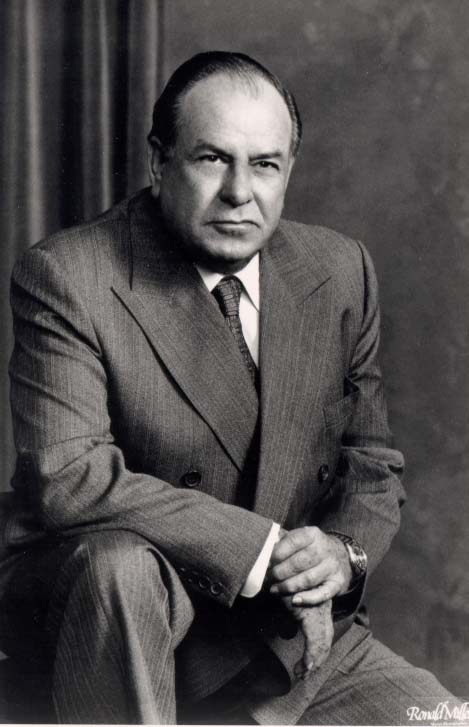
- Former justice of what was then known as the Supreme Court of Ontario.
- Recommended government compensate victims of ReMor Investment collapse – $3.8 million was awarded to affected investors.
- Focused on bolstering relationship between the Ombudsman's office and Members of Provincial Parliament.
- Investigated delays in lottery revenues funding flowing to government services.
- Raised the issue of correctional facilities’ overcrowding to the Corrections Minister and shared recommendations to improve conditions.
- Recommended the revamping and streamlining of legislation governing workers’ compensation, resulting in major changes to the practices of what was then known as the Workmen's Compensation Board.
Daniel Hill (term 1984-1989)
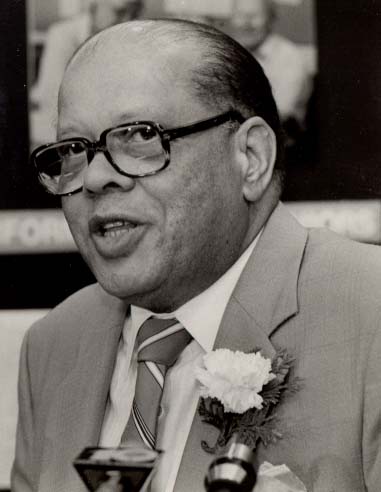
- Formerly Ontario's first Human Rights Commissioner.
- First Ombudsman in Canada to focus on the provision of services to people with developmental disabilities.
- Dedicated a special investigator to ethnocultural issues.
- Opened offices across Northern Ontario, appointed a Native Programs Officer, and visited remote First Nations communities to hear their concerns.
- Made services available in 21 languages and published office newsletter in Braille.
- Advocated for the creation of a federal Ombudsman and called for several changes to the Ombudsman Act, supporting Mr. Maloney’s call for jurisdiction over the MUSH sector.
Roberta Jamieson (term 1989-1999)
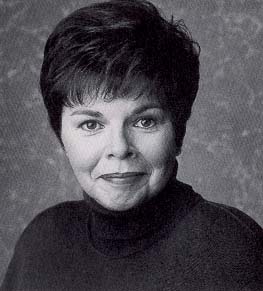
- First female Ombudsman.
- First woman from a First Nation to earn a law degree in Canada.
- Extensively promoted conflict resolution and was first recipient of Mary Parker Follet Award, highlighting innovation and a willingness to take risks in dispute resolution, from the International Society for Professionals in Dispute Resolution.
- Reported on delays at the Ontario Human Rights Commission.
- Investigated problems with service delivery at the Family Responsibility Office.
- Called for a national Ombudsman.
- Founding President of the Canadian Ombudsman Association.
- Recommended Ombudsman appointment process be open to public competition and chosen by all-party committee.
Clare Lewis (term 2000-2005)
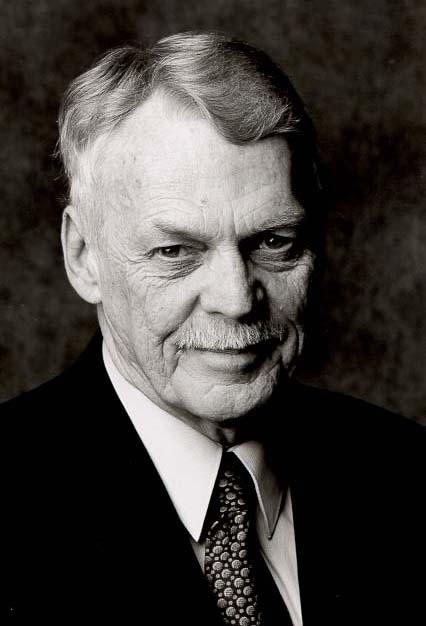
- Former provincial court judge, Crown attorney, defence lawyer, Public Complaints Commissioner, and Police Complaints Commissioner of Ontario.
- Focused on the treatment of children with special needs and advocated for better conditions in Ontario prisons.
- Special report on funding for breast and prostate cancer patients in Northern Ontario resulted in the doubling of the travel allowance under the Northern Health Travel Grant.
- Promoted the ombudsman institution nationally and abroad, serving as Director and Secretary to the Canadian Ombudsman Association; supported creation of the Forum of Canadian Ombudsman.
- Served two terms as President of the International Ombudsman Institute.
André Marin (term 2005-2015)

- First Ontario Ombudsman to be appointed to a second term, and first to serve more than 10 years.
- Formerly Canada’s first military Ombudsman. Also served as Director of the Ontario Special Investigations Unit, and Assistant Crown Attorney.
- Gave the office its motto: “Ontario’s Watchdog.”
- Reorganized office and focused resources on early complaint resolution and high-profile, systemic investigations into issues affecting millions of Ontarians, through the creation of the Special Ombudsman Response Team (SORT).
- Investigations prompted reforms to Ontario lottery security, compensation for crime victims, property tax assessments, and screening of newborns for preventable diseases.
- Created annual “Sharpening Your Teeth” training course for administrative watchdogs – trained hundreds of ombudsmen and investigators around the world in conducting systemic investigations.
- Served as president of the Forum of Canadian Ombudsman, and North American Regional Vice-President of the International Ombudsman Institute.
- Assumed responsibility for investigating closed municipal meetings under changes to the Municipal Act in 2008.
- Called for oversight of broader public (“MUSH”) sector. In December 2014, new legislation to extend the Ombudsman's mandate to this sector was passed (to take effect in 2016).
Paul Dubé (term 2016-Present)
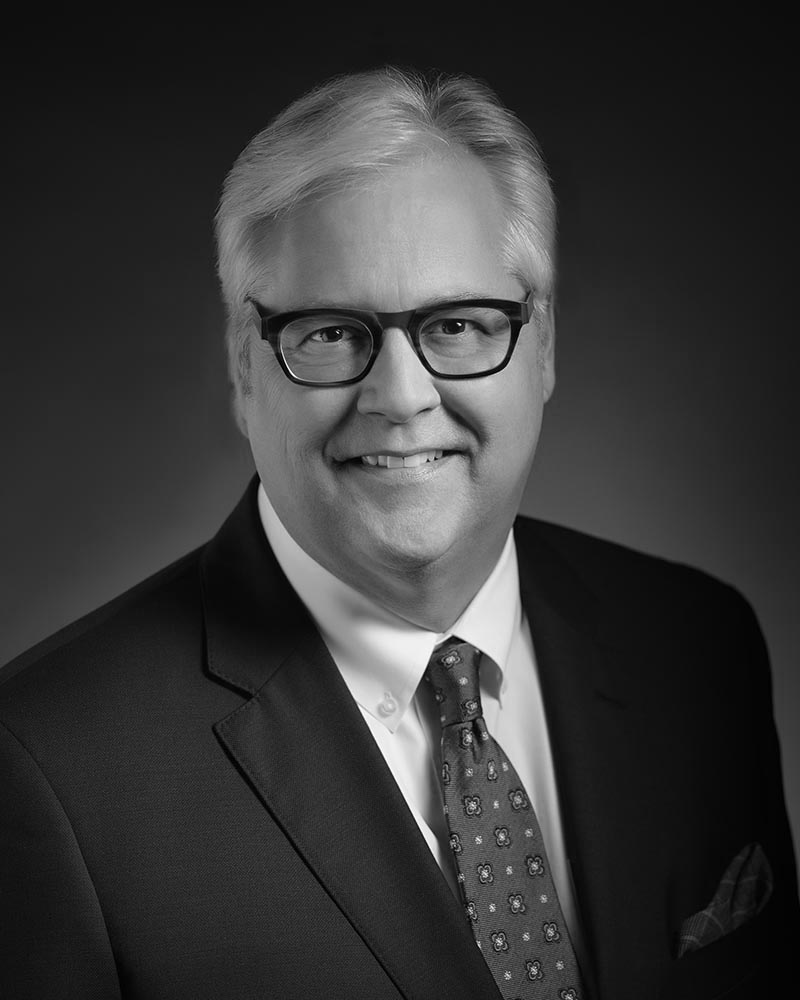
- Formerly Canada’s first Federal Taxpayers Ombudsman.
- Oversaw the Office’s two largest mandate expansions, which more than doubled the number of public sector bodies and agencies within the Ombudsman’s jurisdiction, as well as a major restructuring of the organization as it grew from 86 to 186 positions:
- Assumed jurisdiction over municipalities, universities and school boards in 2015-2016, after legislation passed in 2014 took effect. Engaged in extensive outreach with broader public sector stakeholders to develop relationships and awareness of the Ombudsman’s role.
- In 2018, new legislation passed that transferred responsibilities of the former French Language Services Commissioner and the Child Advocate to the Ombudsman; as of May 2019, created dedicated French Language Services and Children and Youth Units to specialize in this work.
- Dealt with a record-high 30,000 complaints in 2024-2025
- Released reports on major systemic investigations with more than 200 recommendations – almost all of which have been implemented by the Ontario government. Recommendations include:
- Improving accountability and transparency measures for municipalities and school boards.
- Revamping the system for notifying drivers of licence suspensions.
- Overhauling the monitoring and tracking inmates in segregation (solitary confinement).
- Improving services for adults with developmental disabilities in crisis.
- Requiring de-escalation training for police recruits and developing a new use-of-force model that emphasizes de-escalation techniques.
- Created the Municipal Open Meeting Case Digest, a digital repository of the Office’s decisions on municipal closed meeting investigations, the only such database in Ontario.
- Promoted the Ombudsman institution across Canada and around the world, as Regional President for North America of the International Ombudsman Institute, and member of:
- Canadian Council of Parliamentary Ombudsman
- Forum of Canadian Ombudsman
- International Association of Language Commissioners
- Canadian Council of Child and Youth Advocates
- Association des Ombudsmans et des Médiateurs de la Francophonie
- Canadian Association for Civilian Oversight of Law Enforcement
- The International Corrections and Prisons Associations
- Launched Indigenous outreach and cultural safety training for all staff.
- Established and co-ordinated the Office’s remote operations during the COVID-19 pandemic.
- Recipient of the Ontario Bar Association’s Tom Marshall Award of Excellence for Public Sector Lawyers, honouring his contributions to public sector law in Ontario and beyond, in June 2021.
- Awarded the King Charles III Coronation Medal, presented by Lieutenant Governor Edith Dumont, in February 2025. The medal is presented to individuals who have demonstrated exceptional service to Canada.